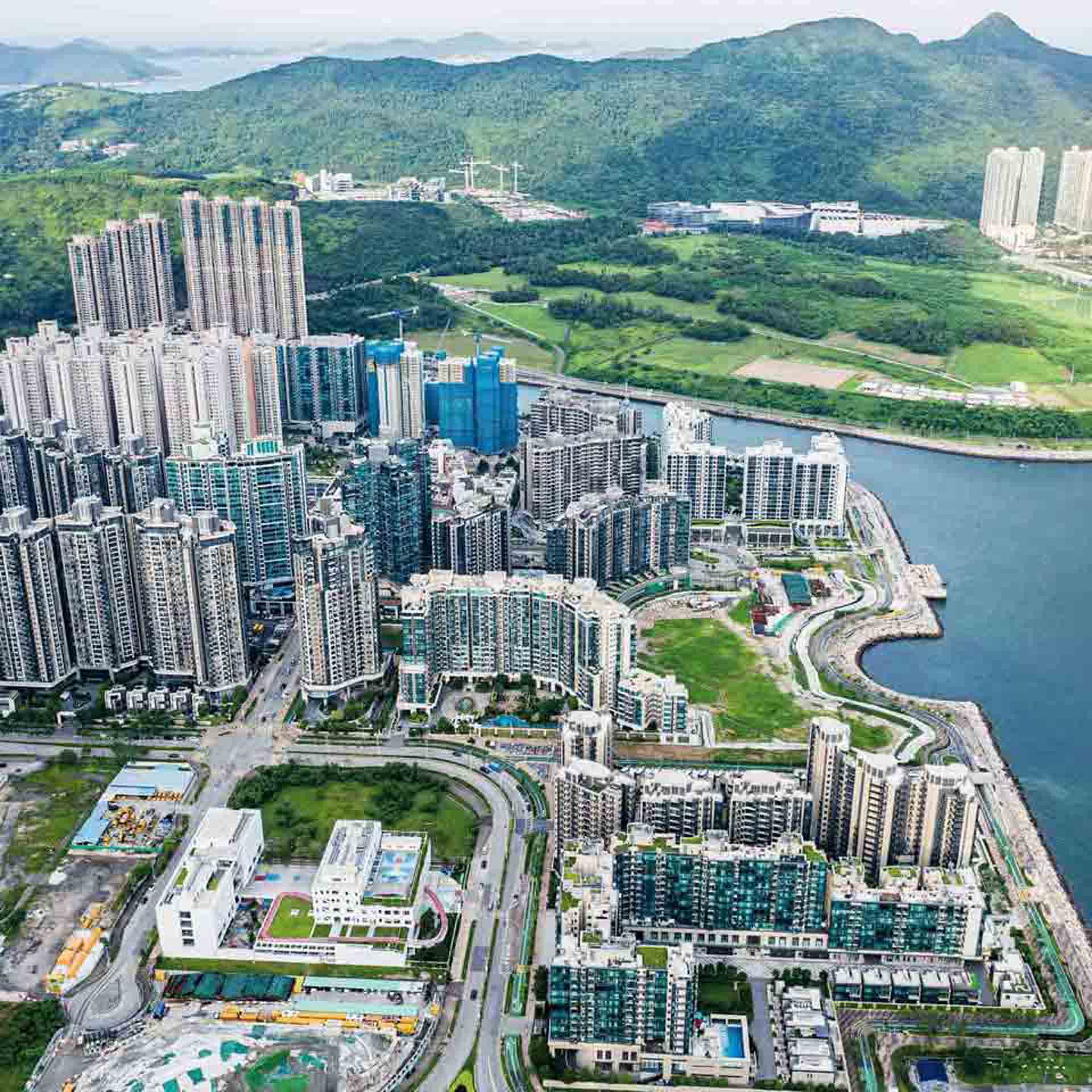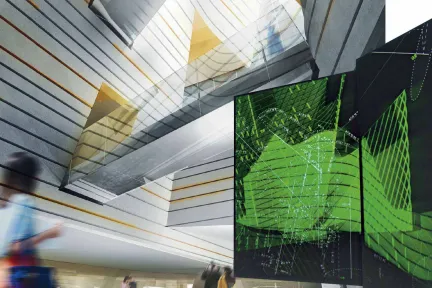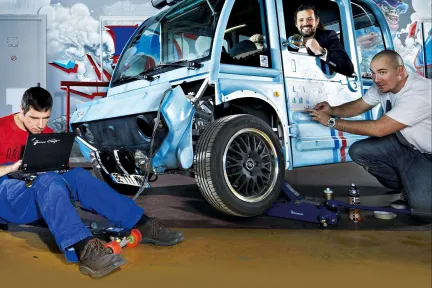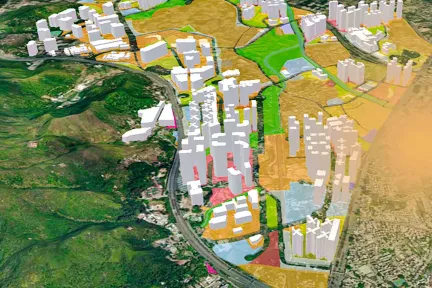A sustainable, resilient and inclusive city
Data make it possible not only to manage, regulate and plan the way cities work, but also to invent new types of services.
Data is one of the major developments over the last few years, and the movement is only just beginning.
The first challenge that urban planners must meet is to ensure that cities are sustainable and, beyond that, resilient. This can involve much more short-term issues, such as how well will the urban system cope with a strike by refuse collectors, an extreme weather event, a flood or a major fire? Will it survive a crisis?
Another challenge, which also relates to a city’s sustainability, is to ensure that it is inclusive: this should be understood not only in social terms but also from the human point of view, because a city is inhabited and experienced by human beings. For example, it is imperative that real estate development is coherent with transportation system development.
Another challenge relates to a city’s governance, and the quality of relationships between the municipal authorities, the city’s local economic ecosystem and its citizens, in a context in which many private-sector entities now act as middlemen, using digital technology to offer a city’s inhabitants various goods and services, such as transportation.
To make a city sustainable, resilient and inclusive, digital platforms have a key role to play. Dassault Systèmes adds value in precisely this area: it supports development, oversight and execution of public policy and projects, helping the city authority become the entity driving the transformation of the city and its context. Today, when a major real estate developer builds a tall building, its square footage is less important than the experience provided to its occupants and the city authority’s ability to understand the overall impact.
The 3DEXPERIENCE platform gives municipal authorities a way to regain control of their cities and allow project owners to take into account the city context when making their decisions. Having previously been organized around Architecture, Engineering and Construction, the platform’s focus is now on Construction, Cities and Territories, showing the role that Dassault Systèmes intends to play with respect to cities and, particularly, the people who live in them.
Urban transformation projects – whether they involve transportation infrastructure, real estate developments or architectural projects – require teams to communicate effectively. Project managers, project owners, contractors and architects need a collaborative environment and a single set of reference data to make sure they are speaking the same language.
That communication now extends to residents, because a city’s planning only makes sense if it enhances the quality of life and experience of the people who live there. These requirements also arise in a context in which data of all kinds are increasingly widely available and can be harnessed to drive a city’s transformation. Data make it possible not only to manage, regulate and plan the way cities work, but also to invent new types of services. This is one of the major developments over the last few years, and the movement is only just beginning.




